FEATURED
Developing Blockchain Applications for Social good in Africa
Guest post by Mahmud Adeleye
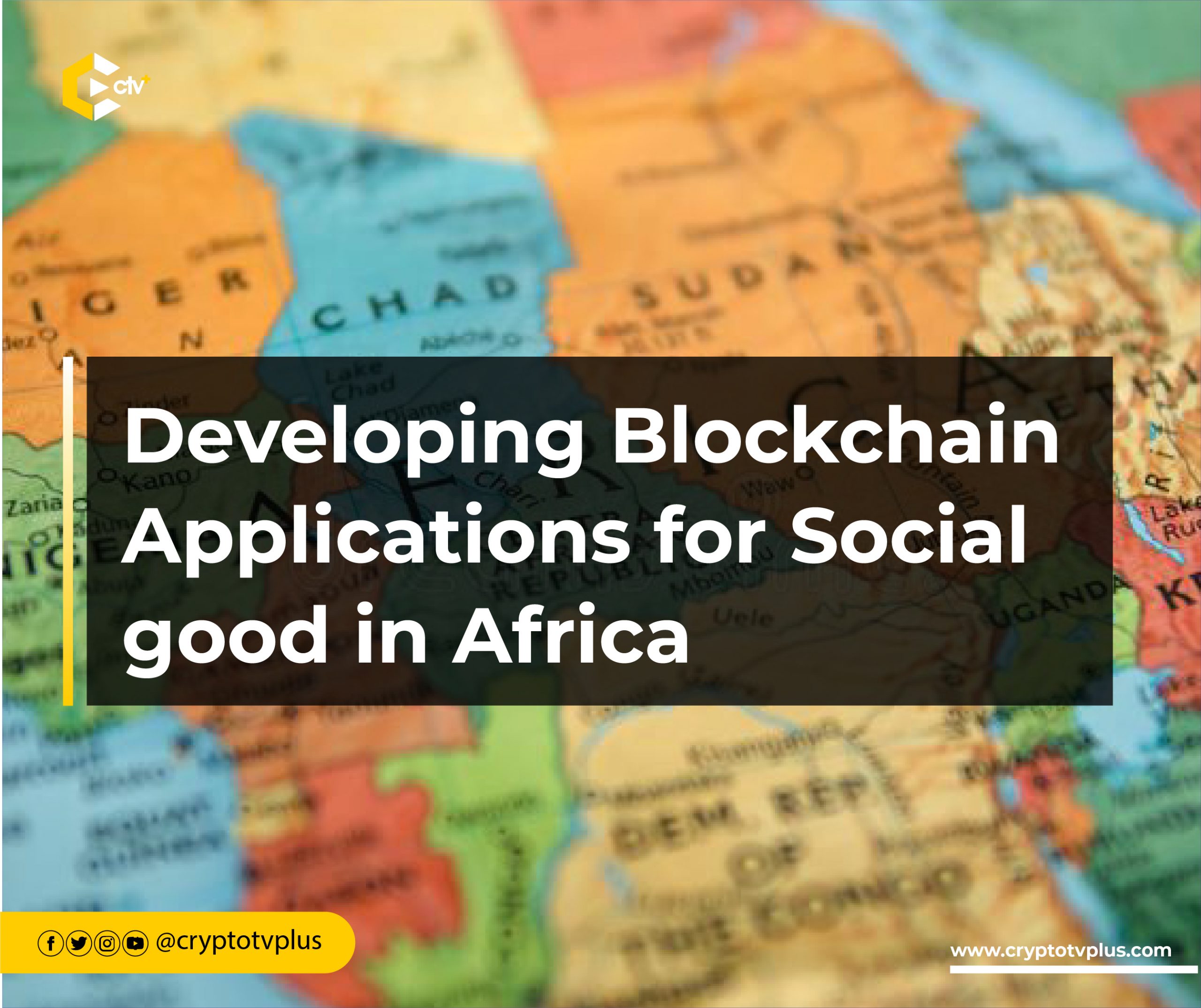
As African software developers in the blockchain industry, we often get so engrossed in the possibilities for financial applications that we overlook its potential in other areas. The very nature of blockchains – being secure, transparent, and immutable – makes them the perfect tool to uplift social causes and bring about positive change in the world.
Even if you can’t fully dedicate your time, consider building a weekend or side project that improves a social cause or solves a tiny part of a social issue that interests you. If you need an idea to work on, here are some areas you might be interested in.
1. Donations and Crowdfunding
The NGO sector is under constant strain to do more with less. As blockchain developers, we can build dApps that help NGOs achieve their goals by providing a new way to raise and distribute funds. For example, when many NGOs were closing shop in Africa due to a lack of funding, I (Mahmud Adeleye) built the Gift A School App, which has helped two NGOs raise enough funds to cover their annual school kits donation drives for hundreds of hundreds of poor school kids in Nigeria. You can even build a donation incentive initiative like Juicebox through NFTs.
That’s not all. Donations and crowdfunding can be made more efficient through blockchain technology via:
A. Increased transparency and accountability: More openness about donations and expenditures helps guarantee that funds are spent appropriately. You can build a tamper-proof tracker dApp that records all on-chain donations publicly for everyone to see. This would allow donors to see how their money is distributed, inspiring them to donate more.
B. Reduced Transaction and Administrative costs: For example, the UN World Food Programme uses blockchain to distribute food vouchers to refugees, eliminating the need for paper vouchers and reducing transaction costs by over 98%. As a dApp developer, you can deploy smart contracts that help automate the distribution of funds once certain conditions have been met, increasing the efficiency and speed of funds distribution.
2. Agriculture
The Agricultural sector is one of the most critical sectors of the African economy and is also one of the most vulnerable. The industry faces many challenges, such as climate change, water scarcity, and soil degradation. These challenges are further exacerbated by the fact that the industry is often underfunded and underserved by the government.
Agriculture can benefit from blockchain technology in several ways. For example, we can build solutions that track the provenance of food products, ensuring that they are safe and of the highest quality. You can also create a public traceability platform that tracks RFID tags empowering consumers and producers with a complete record of the supply chain journey of each food item from farm to table.
In addition, blockchain can help to create a more efficient system for payments and settlements. This would reduce the costs and delays associated with traditional methods of payments and settlements.
Of course, there are challenges to implementing blockchain traceability in the agricultural sector, including ensuring all key stakeholders, like farmers, suppliers, and consumers, are willing to use the same system. However, proper implementation has a huge potential to improve food safety and quality while also increasing transparency throughout the supply chain.
3. Identity management
The potential for blockchain to help manage identities is vast, with 1.1 billion people worldwide not having official identification. This lack of identification can lead to problems such as fraud, human trafficking, and child labor, making it difficult for victims to access essential services or claim their rights. You can build blockchain-based solutions like Gitcoin Passport that will help:
A. Reduce fraud and increase accuracy
One of the biggest problems with identity management in Africa is fraud, costing businesses and individuals billions of dollars. A tamper-proof digital identity platform that multiple parties can easily verify would make it much harder for criminals to steal identities and commit fraud.
B. Speed up the delivery of benefits
Another issue with identity management is the delivery of benefits. Social welfare programs often have to verify the identity of applicants before they can receive benefits, and this process is currently slow and cumbersome. Blockchain could help speed up the delivery of benefits by creating a digital identity that can be verified quickly and easily. This would allow benefits to be disbursed more quickly and would help reduce the amount of red tape.
If you’re interested, you can build a blockchain-based identity verification platform that helps reduce fraud, improve accuracy, speed up the delivery of benefits, and protect personal data privacy.
Conclusion
There are other use cases you can explore are education and climate change. For example, you can build a secure and tamper-proof record of academic credentials. This would be especially useful for African students who need to verify their qualifications on time as they often miss several opportunities due to delays from institutions’ academic record offices.
As the financial downturn rages through the crypto industry, it’s time for African developers to go back to the basics – building decentralized applications that empower billions worldwide. Keep building!
About Mahmud Adeleye
Mahmud Adeleye is a web3 developer passionate about developing blockchain applications for social good. His most recent dApp, Gift A School kit, helped NGOs sponsor over 300 African school kids without access to essential educational materials.



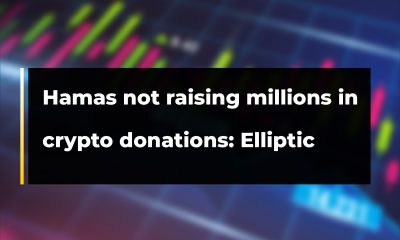

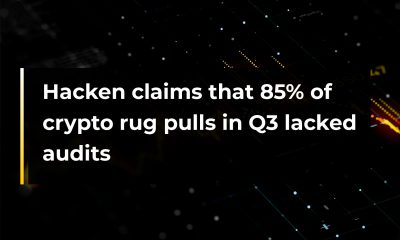

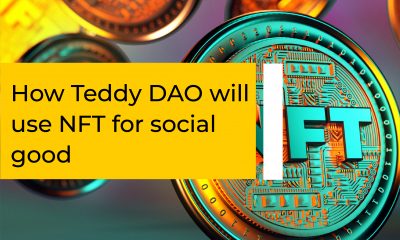

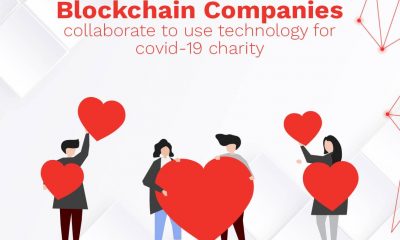

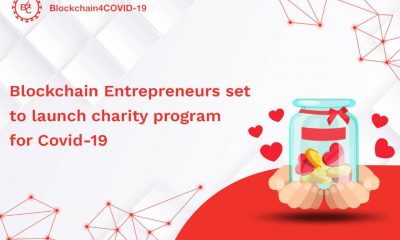













Pingback: Developing Blockchain Applications for Social good in Africa by Marvelous Akpere – CryptoTvplus Events: NFT, DeFi, Bitcoin, Ethereum, Altcoin Events